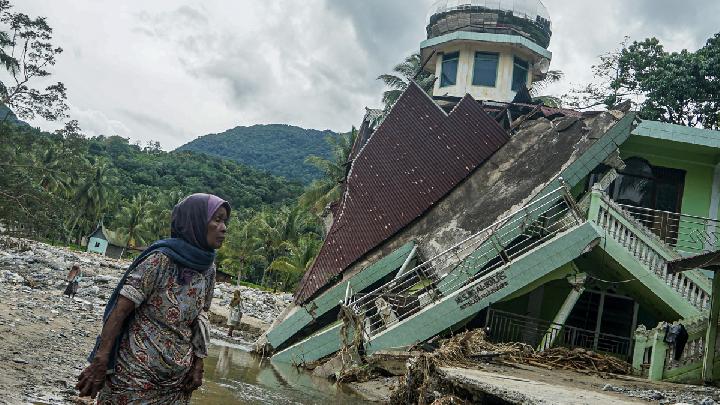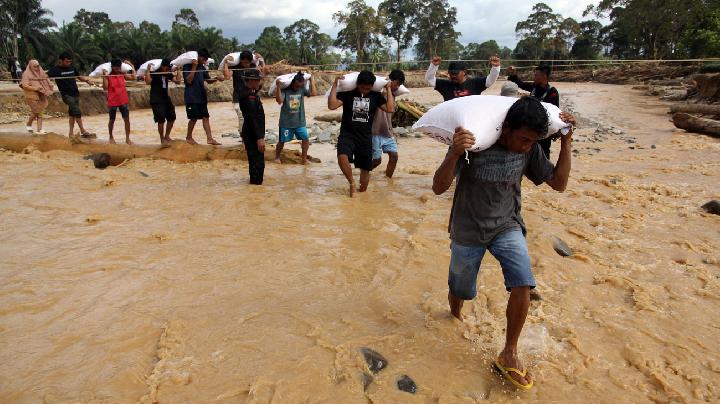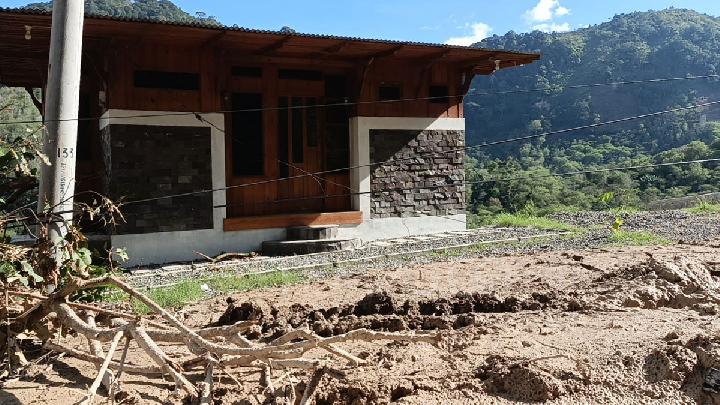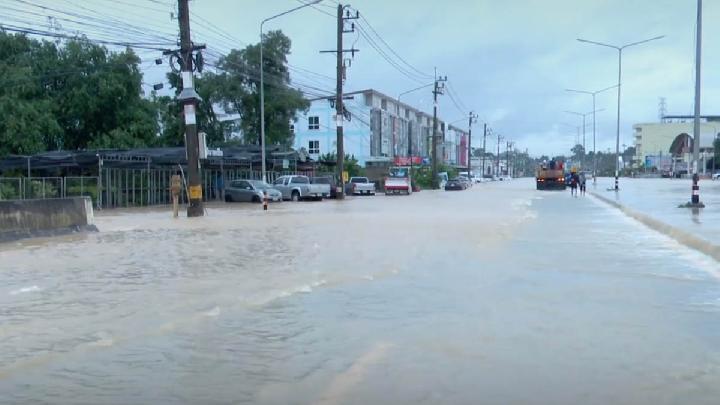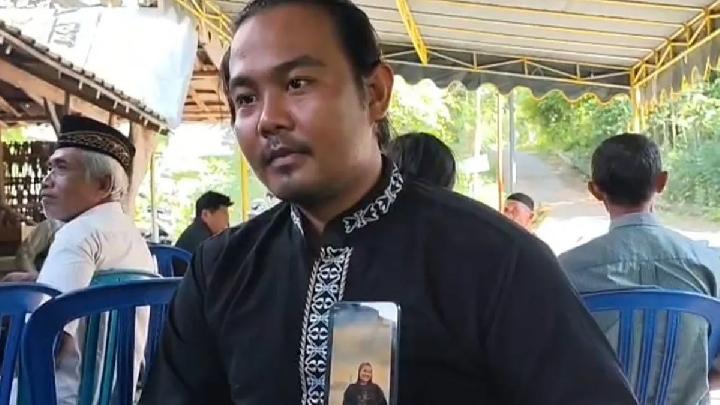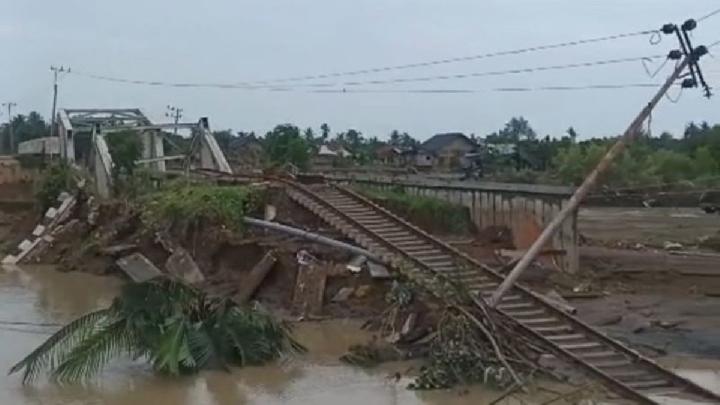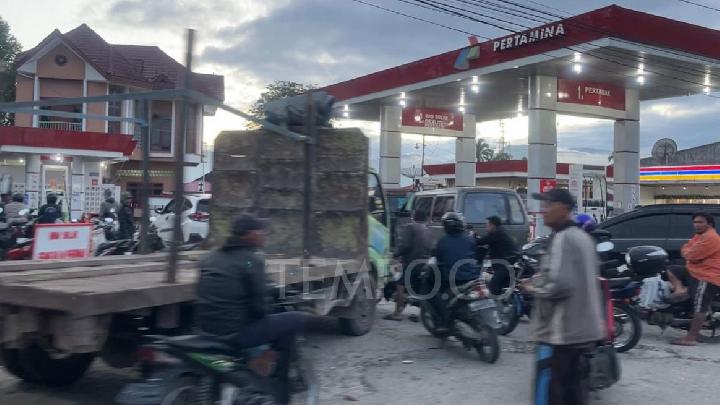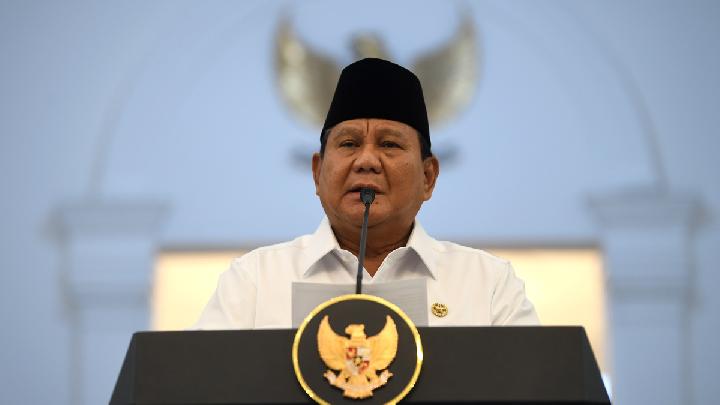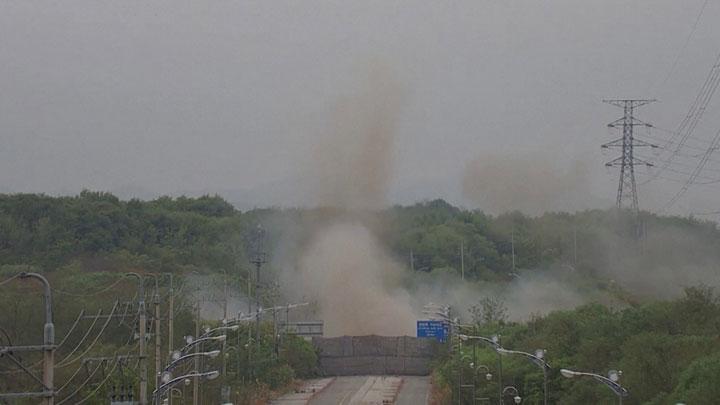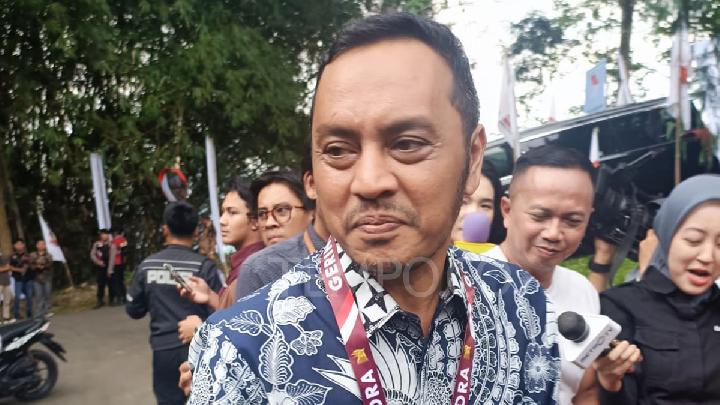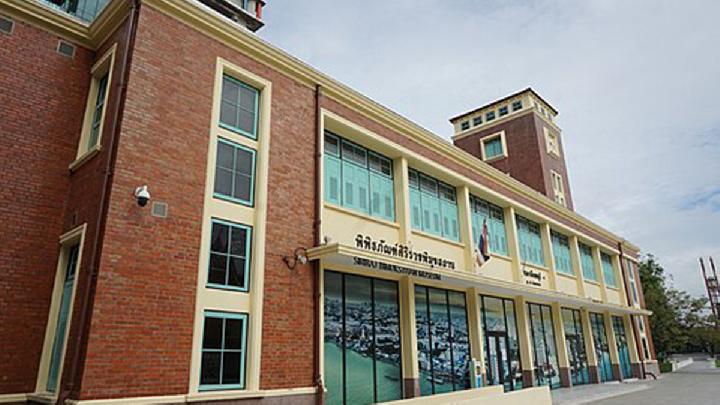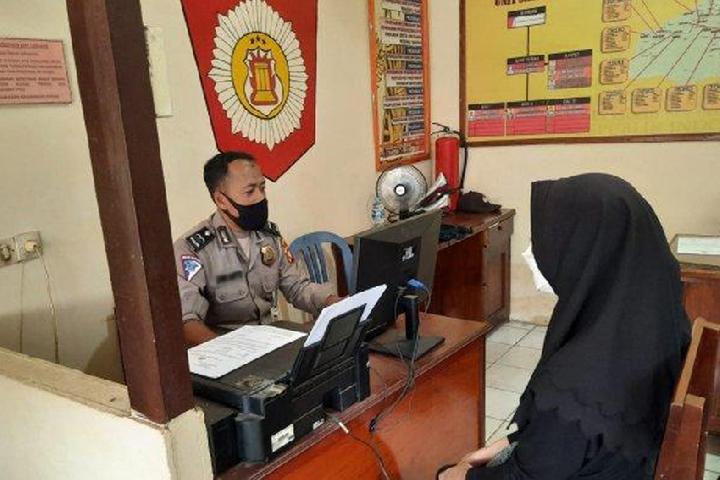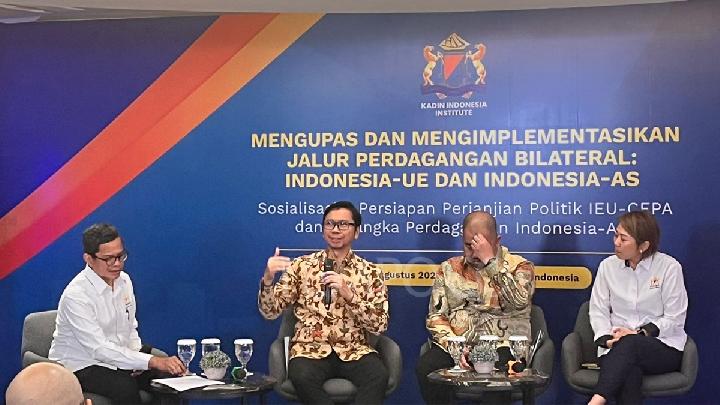TEMPO.CO, Jakarta - Agrarian conflicts have expanded significantly over the past decade, with millions of Indonesians losing land and livelihoods despite repeated government pledges to resolve the issue.
Data from the Consortium for Agrarian Reform (KPA), an advocacy group established in 1994, show that between 2014 and 2024, during Joko Widodo’s presidency, agrarian conflicts spanned a total of 7.4 million hectares. Within that period, 3,234 disputes were recorded, affecting around 1.8 million families.
“These families have lost not only their land but also their livelihoods and future,” said KPA Secretary General Dewi Sartika during a press conference marking National Farmer’s Day in Jakarta on September 21, 2025.
Jokowi’s Agrarian Reform in Question
KPA criticized the agrarian reform program under Jokowi as a failure, arguing that the government prioritized large-scale investment projects and extractive industries at the expense of local communities.
Agrarian reform itself is a constitutional mandate, anchored in the People’s Consultative Assembly Decree No. IX/2001. Jokowi issued Presidential Regulation No. 86/2018 to formalize the program and later renewed it with Regulation No. 62/2023 on accelerating implementation.
The policies outlined five strategies: legalizing assets, redistributing land, empowering communities, strengthening institutions, and boosting participation.
In practice, however, the government’s efforts leaned heavily on issuing free land certificates through the asset legalization program.
While popular, KPA argued this approach reduced agrarian reform to paperwork, sidelining the redistribution of land to landless farmers, which is the core of the reform agenda.
Sources of Conflict
The majority of disputes under Jokowi’s administration stemmed from plantation projects. KPA recorded 1,243 plantation-related cases, particularly involving palm oil estates overlapping with community lands. These alone displaced more than 103,000 families across one million hectares.
National strategic projects (PSN) were also flashpoints. Intended to accelerate economic growth, many of these projects instead triggered land disputes in affected regions.
Mining was another major driver. After the 2020 revision of the Mineral and Coal Mining Law, which expanded opportunities for nickel and coal concessions and designated some as strategic projects, agrarian conflicts escalated. From 2020 to 2024, 136 mining-related disputes were reported.
Each conflict, KPA noted, often involved violence. Between 2015 and 2024, the consortium documented 2,841 cases of criminalization, 1,054 assaults, 88 shootings, and 79 deaths linked to agrarian disputes.
Conflicts Continue Under Prabowo
The situation has shown little improvement under President Prabowo Subianto. In his first 100 days in office, KPA identified 63 new conflicts affecting 66,000 hectares and more than 10,000 families.
Some of these disputes were tied to food security projects. In Majalengka, West Java, for example, farmers in Sahbandar Village were evicted to make way for corn and bean cultivation by a local government-owned enterprise, PT Sindangkasih Multi Usaha. The farmers not only lost their land but also faced accusations of obstructing the program.
KPA has presented its findings to the House of Representatives (DPR), urging legislative action. Deputy Speaker Sufmi Dasco Ahmad announced that parliament would form a special committee on agrarian conflicts, with the decision to be finalized at the plenary session on October 2, 2025.
According to Dasco, this step followed an audience with KPA earlier this year, during which the organization submitted nine demands. Parliament agreed to three: forming a special committee, expediting the “one map” policy, and improving spatial planning.
“The House will press the government to accelerate the unified map policy and organize spatial design within the national territory,” Dasco said at the DPR complex on September 24, 2025.
From the government side, Deputy State Secretary Juri Ardiantoro pledged to address the concerns but cautioned that solutions would take time given the complexity of land disputes.
“We need a comprehensive understanding of the root causes of land ownership issues,” Juri told farmers’ representatives in a meeting at the State Secretariat, coinciding with a farmers’ rally outside the palace and parliament.
Dian Rahma Fika and Hendrik Yaputra contributed to the writing of this article.
Editor’s Choice: Snake Oil to Quell Public Anger
Click here to get the latest news updates from Tempo on Google News

